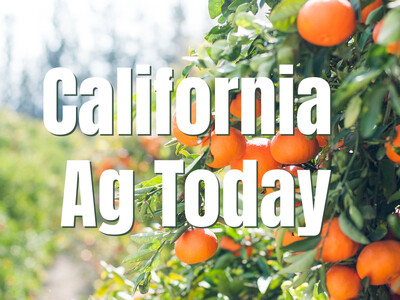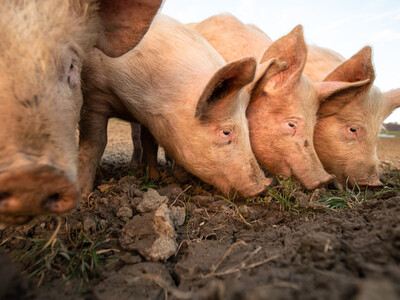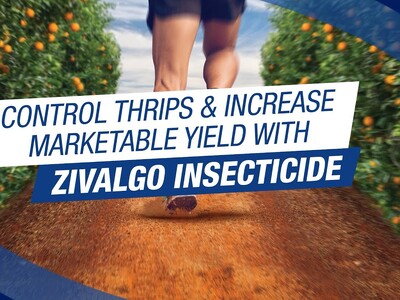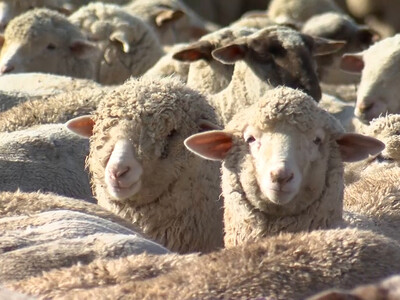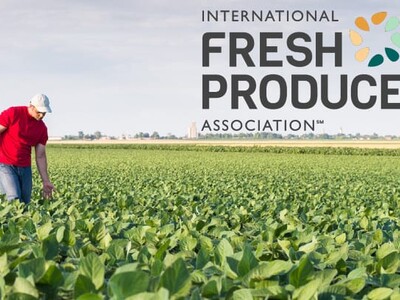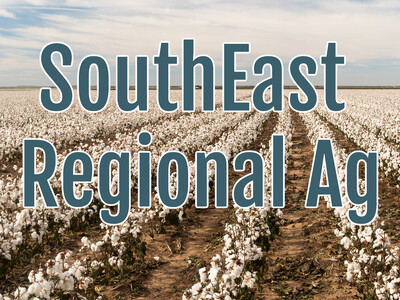Importance of Biosecurity

Tim Hammerich
News Reporter
The New World Screwworm continues to knock at the door of the southern U.S. border. This flesh-eating parasite specifically impacts the cattle industry, leading to questions about how a potential outbreak could be contained. Dr. Jada Thompson says that action is being taken.
Thompson… “So USDA has maintained a kind of a buffer surveillance between Central America, Mexico and the US trying to mitigate the spread of this kind of New World Screwworm into these kind of areas. Because the concern is getting into the US livestock population.”
While monitoring is important, Dr. Thompson adds that there is another crucial part of the equation.
Thompson... "The same conversation always comes up, which is prevention is always less costly than reaction. So if we're being reactionary, it is going to cost us more and be less effective than if we can prevent that disease. So if we can prevent the disease from entering the US–if we can prevent it from spreading in Mexico, if we can prevent it from getting into Mexico more–if we can, prevention is going to be less costly in general than reaction to it. Because if you get it, you have this flesh-eating and you are losing all these cattle, that's lost revenue for farmers. Now you have to worry about all of your other livestock. We’re doing baths and trying to reduce these kinds of pests. So monitoring, surveillance, that's where that cost, and disease and information, which is where that call for more information and livestock was helpful."
Again, that's Dr. Jada Thompson.




